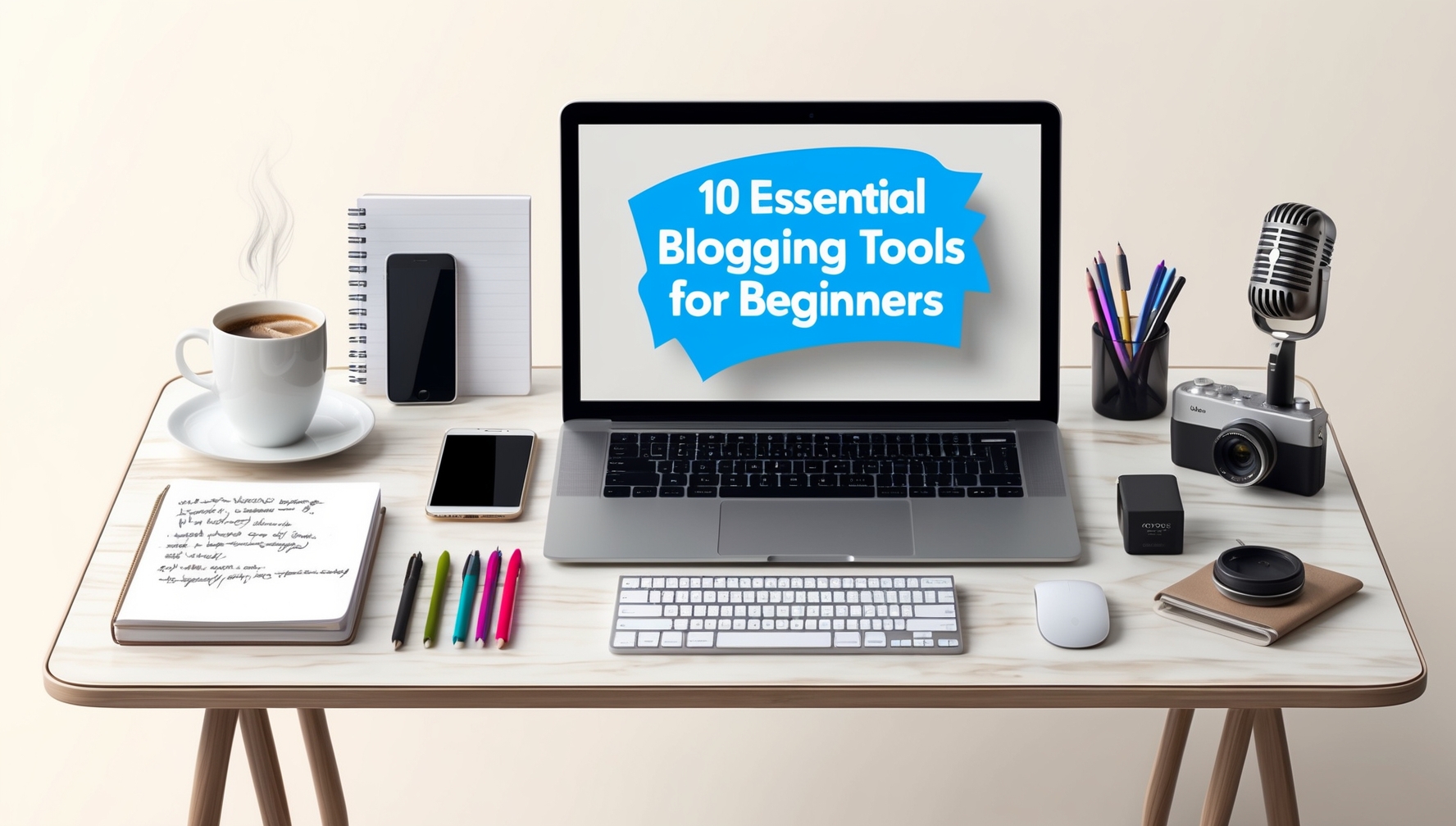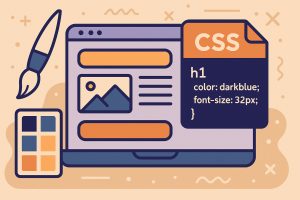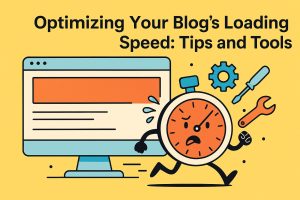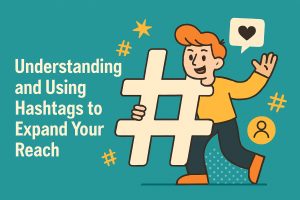10 Essential Blogging Tools for Beginners
Starting a blog can be an exciting journey, but having the right tools can make the process smoother and more effective. From content creation to analytics, here are ten essential blogging tools that beginners should consider to set themselves up for success.
1. WordPress
WordPress is an excellent platform for those wondering how to start a blog, offering flexibility, a user-friendly interface, and an extensive range of plugins and themes.
Features:
- Customizable Themes: Choose from thousands of themes to design your blog.
- Plugins: Add functionality with plugins for SEO, social sharing, and more.
- User-Friendly Interface: Manage posts, pages, and settings with ease.
2. Canva
Canva is a graphic design tool that helps you create eye-catching visuals for your blog, including images, infographics, and social media posts.
Features:
- Drag-and-Drop Editor: Easy-to-use interface for designing graphics.
- Templates: Access to a wide range of customizable templates.
- Collaboration: Work with team members on design projects.
3. Grammarly
Grammarly is a writing assistant that helps improve the quality of your blog posts by checking for grammar, spelling, and style issues.
Features:
- Grammar and Spell Check: Corrects errors and suggests improvements.
- Style Suggestions: Enhances clarity and readability.
- Plagiarism Detection: Checks for duplicate content.
4. Google Analytics
Google Analytics offers valuable insights into audience behavior, helping you implement effective tips to increase blog traffic to attract more visitors.
Features:
- Traffic Analysis: Monitor visitor numbers, sources, and behavior.
- Audience Insights: Understand demographics, interests, and engagement.
- Goal Tracking: Measure the effectiveness of your marketing efforts.
5. SEMrush
SEMrush is an SEO tool that helps you optimize your blog for search engines and track your keyword rankings.
Features:
- Keyword Research: Find relevant keywords for your niche.
- Site Audit: Identify and fix SEO issues on your blog.
- Competitor Analysis: Analyze competitors’ strategies and performance.
6. Hootsuite
Hootsuite is a social media management tool that helps you schedule and manage posts across various social media platforms.
Features:
- Post Scheduling: Plan and automate social media posts.
- Analytics: Track engagement and performance across platforms.
- Social Listening: Monitor mentions and conversations about your blog.
7. Mailchimp
Mailchimp is an email marketing tool that helps you build and manage your email list, send newsletters, and track email campaign performance.
Features:
- Email Templates: Use customizable templates for your newsletters.
- Automation: Set up automated email campaigns.
- Analytics: Track open rates, click-through rates, and more.
8. Yoast SEO
Yoast SEO is a WordPress plugin that helps you optimize your blog posts for search engines.
Features:
- SEO Analysis: Provides recommendations for improving on-page SEO.
- Readability Check: Ensures your content is easy to read.
- Snippet Preview: See how your post will appear in search results.
9. Ahrefs
Ahrefs is an SEO tool that offers comprehensive features for keyword research, backlink analysis, and competitive analysis.
Features:
- Keyword Explorer: Discover high-traffic keywords and search volume.
- Site Explorer: Analyze your blog’s backlinks and competitors.
- Content Explorer: Find popular content in your niche.
10. Google Search Console
Google Search Console is a free tool that helps you monitor and manage your blog’s presence in Google search results.
Features:
- Performance Reports: Track search queries and click-through rates.
- Indexing Status: Check which pages are indexed by Google.
- Error Reports: Identify and fix issues affecting your site’s visibility.
Conclusion
These essential blogging tools can help you streamline your workflow, enhance your content, and track your blog’s performance. By incorporating these tools into your blogging strategy, you’ll be better equipped to create high-quality content, optimize for search engines, and effectively engage with your audience.














Post Comment